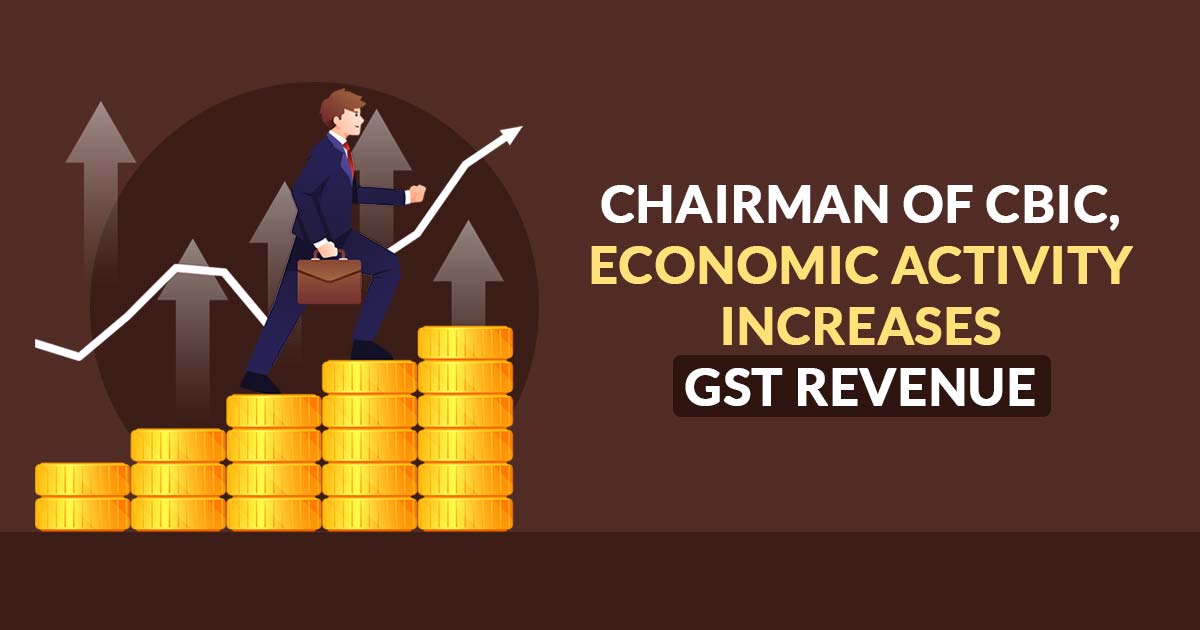
According to Central Board of Indirect Taxes and Customs (CBIC) official Sanjay Kumar Agarwal, the increase in Goods and Services Tax (GST) collections in October is due to economic activity rather than the issuance of notices by tax authorities. Advisories will be issued to businesses that are not practising generating GST e-invoices for their B2B customers.
Agarwal clarified that the notices sent to online gaming companies were a result of time limitations for the fiscal year 2017-18 and not the cause of the revenue growth. He emphasized that the growth in GST collections was solely driven by the economic activity in the country. Agarwal made these statements during the DPIIT-CII National Conference on Ease of Doing Business.
Agarwal also highlighted the healthy growth in GST revenue from Integrated GST (IGST) on imports, which could be attributed to companies replenishing their stocks and inventories, as well as the upcoming festive season.
In October, GST revenue increased by 13.4 percent to reach Rs 1.72 lakh crore, marking the second-highest level since the implementation of the indirect tax regime. The highest GST collection was recorded in April at Rs 1.87 lakh crore. Notices for short payment of taxes for the fiscal year 2017-18 were being issued by GST authorities whose last date was September 30, 2023.
Regarding e-invoicing, Agarwal stated that the department would continue to encourage businesses to adopt e-invoice generation practices for B2B transactions and would soon send advisories to businesses that do not comply.
Read More: GST Revenue Up 17% in the 1st Half of FY24, Delhi Govt Expects New Record
Starting from August 1, businesses with a turnover exceeding Rs 5 crore are obligated to issue e-invoices. However, Agarwal noted that the compliance level for e-invoicing among these businesses is not burdensome. In response, the CBIC plans to send advisories to these taxpayers, encouraging them to adhere to the e-invoicing requirement. He emphasized that the intention behind these advisories is not to intimidate but rather to adopt a softer approach in order to promote compliance.
Important: How Gen GST Software Makes E-invoicing Easy for Businesses
The CBIC has gradually made e-invoicing mandatory for businesses since 2020, initially applying it to large companies with a turnover exceeding Rs 500 crore. Over the span of three years, the threshold has been lowered to include businesses with turnover above Rs 5 crore.